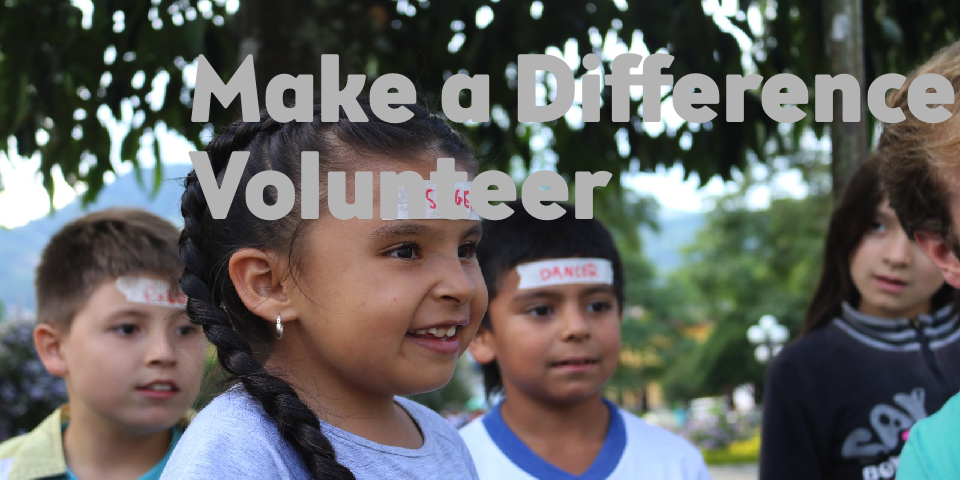Our idea is to revolutionize language acquisition and practice. How many of us have been traumatized by foreign language classes in school? How many of us can really speak the language we went to class for 5 days a week for so many years? Unfortunately the way most schools teach foreign language has failed most of us. Even people who do leave school knowing another language’s grammar often speak with strong accents from their own language.
So the question is…. how will ACA Explorers work to establish a new way of language acquisition?
Well if you have already read Christopher’s post “Outdoor Language Classes In The Park” that gives a good explanation of why we teach the kids outside and what advantages that type of exposure/learning environment gives us and the kids. What we really want to do is make English FUN! No worksheets where you fill in the correct form of the verb “to be” before you can even properly pronounce “Hello how are you?”. Guess what? Native speakers never learn language in that way. Of course we have grammar classes in our own languages but that’s after we pronounce words in the proper accent and after we have already learned grammar from hearing our elders speak (input) and speaking ourselves (output). A Spanish speaker doesn’t sit there as a toddler learning to talk and learn the conjugations of -ar verbs (-o, -as, -a, -amos, -an). They hear people conjugating verbs, they start conjugating verbs in speech, and maybe they get corrected sometimes.
We will not focus on grammar rules but instead pronunciation. In class we explain to the kids how they should move their mouths to make certain sounds. For example, one of our go-to songs is “Head, Shoulders, Knees and Toes” (useful for obvious reasons of learning body parts but also there are some great sounds to work on- sh from shoulders, -th from mouth, the d in head, the t in toes I mean it’s really incredible how the simplest sounds in someone’s native languages can be so difficult to a non-native speaker) and for making the -th we always stress that one HAS to stick their tongue out to make the sound. Try making the -th sound without your tongue protruding from between your teeth… IMPOSSIBLE!
What other fun things do we do?
We move around! One of our go to games is “Teacher Says” which is like Simon Says. We learn all these verbs, write them on the whiteboard and one of us starts off as the teacher and says “Teacher says fly” for example and all the kids start waving their arms like wings or “Teacher says dance” and they all start dancing. They have a really great time with it and these verbs really stick.  Learning along with movements enhances movement, allows kids to make mistakes without as much embarrassment (so much going on, moving on to the next thing, the other kids are moving around concentrated on their own fun) and helps kids be able to bounce back into all the activity.
Learning along with movements enhances movement, allows kids to make mistakes without as much embarrassment (so much going on, moving on to the next thing, the other kids are moving around concentrated on their own fun) and helps kids be able to bounce back into all the activity.
Another incredibly important part of what we do is provide good input to the kids and help them with their output. Aside from the way we speak, we intend to provide them with other good input- movies we watch together or things we recommend for them to watch at home (as well as things they pick to watch in English based on their personal interests). Listening to music is also a great form of input (just as singing is good output/pronunciation practice). We will definitely want to incorporate music into ACA Explorers from singing, listening to recorded music, and playing instruments. Music is a big part of culture here and a great learning tool. We sing 2-3 songs every class and it’s one of the most inclusive activities because even those who are still working on their pronunciation can sing along more or less with the rhythm as they hear their classmates’ and teachers’ input.
These are just some of the fundamentals of our methodology but we will continue to write and update as we are trying out new ideas and activities with what works and what doesn’t. Comment with any ideas of other activities we could incorporate!! Thanks!
